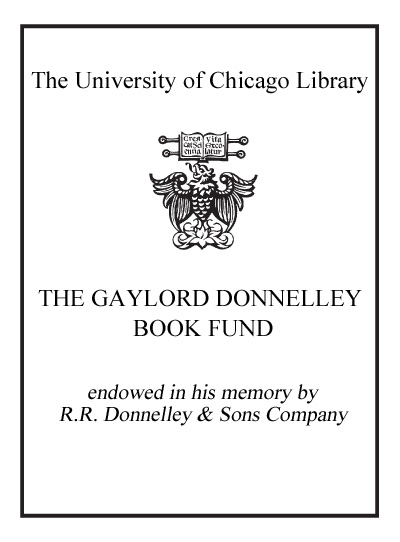Review by Choice Review
Examination of Gauguin's life has proven difficult, not for lack of documentation, but because so much information was provided by the artist in the form of self-aggrandizing exaggerations. Mathews (Williams College) has tried to sort through the fact and fiction of the artist's public and private writings to arrive at an analysis of Gauguin's motivations. She distinguishes her study from earlier biographies (David Sweetman, Paul Gauguin: A Complete Life, 1995) by applying to reconsidered facts of the artist's life Freud's theories of sexuality and aggressiveness in conjunction with creativity--an approach that will likely prove controversial despite similar patriarchal attitudes, which informed the writings of both Freud and Gauguin. By making sex and violence central to the study, the art has been marginalized; but Mathews has not sensationalized the artist's life, and all phases of his career are treated with equanimity. There is little new in terms of research conducted for this study (Mathews has relied heavily on the work of Merete Bodelsen), but scholars will appreciate the appendix, which reprints 17 of Mette Gauguin's letters. Recommended chiefly for collections specializing in methodological approaches to art history. General readers; upper-division undergraduates through faculty. E. K. Menon Purdue University
Copyright American Library Association, used with permission.
Review by Publisher's Weekly Review
Mathews (Mary Cassatt), curator of the Williams College Museum of Art, has organized notable exhibits of American painting. Given the plethora of titles about the 19th-century French painter Gauguin, a flashy subtitle may have been thought necessary for this new book. Yet Mathews has serious art historical chops and, through 14 chapters, constructs a well-researched narrative about the painter's trajectory, with titles like "Theo and Vincent: Flying Too Close to the Sun." Noting how "central" "sex and violence" were to Gauguin, the author gets a little hung up with her own self-definitions, terming her method "a mixture of pre-Freudian vernacular psychology and postmodern pluralism," adding that she has used "the same commonsense approach" as in her other books. Unable to draw specific conclusions about the painter's personal behavior in bed (gay, straight or otherwise), the author analyzes paintings confusingly, e.g., Young Bretons Bathing, an image of naked boys, is likened to Japanese prints of "courtesans," which it does not resemble. If the focus is fuzzy on some details, and descriptions of individual artworks imprecise, a strong grasp of the basic facts of the artist's life make this a worthwhile title even in a strongly competitive field. (Nov.) Forecast: For gender and erotic issues, Stephen Eisenman's pioneering Gauguin's Skirt (Thames & Hudson) is vastly preferable, but Mathews's book will appeal to readers in search of a serious narrative, apart from those roped in by the suggestive subtitle, who might feel suckered by the scant thrills inside. The book is not directly related to the Art Institute exhibit, but will certainly be on sale in the gift shop there. University libraries are a lock. (c) Copyright PWxyz, LLC. All rights reserved
(c) Copyright PWxyz, LLC. All rights reserved
Review by Choice Review
Review by Publisher's Weekly Review

